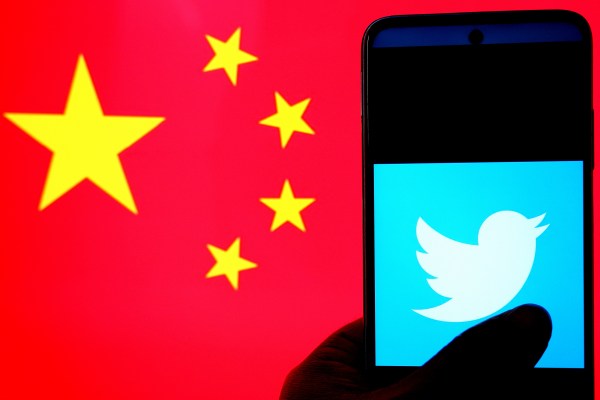Wow, that was quick.
When Elon Musk bought Twitter and took it private in October, I figured we’d have a while before things took a turn. Then, after he laid off about half the company’s employees, that estimate shortened a bit.
Now, after last night’s Spaces brouhaha, during which Musk confronted journalists he banned for retweeting links about the ElonJet tracker and then abruptly killed the feature entirely, that timeline has moved up considerably.
To be clear: Twitter isn’t going to die tomorrow or next week or even next year. But given how the last few days have gone on the platform, I’m not quite sure how long Twitter will remain a viable platform. It’s turning into the China of social media, full of censorship, arbitrary bans and groups of users/accounts that leap to Musk’s defense whenever they feel his narrative is being undermined.
For a social media platform that staked its claim on championing free speech, it’s been a remarkably swift turn of events.
Let’s do a quick recap: Musk offered to buy Twitter in April for a whopping $44 billion. Twitter’s board agreed, and then he almost immediately had buyer’s remorse. After failing to get out of the deal, Musk ponied up, selling huge tranches of his Tesla stock to help finance it.
Along the way, he made grand claims about how Twitter under his leadership would be a bastion of free speech. On April 25, the day Twitter’s board accepted his offer, Musk tweeted, “I hope that even my worst critics remain on Twitter, because that is what free speech means.” The next day, he said, “I am against censorship that goes far beyond the law.” And on November 6, he said, “My commitment to free speech extends even to not banning the account following my plane, even though that is a direct personal safety risk.”
That commitment came to an end on Wednesday when the @ElonJet account, which he referenced in that last tweet, was permanently banned.
Then things got even weirder. Links in tweets to accounts on Mastodon, the open source Twitter competitor, either stopped working or were flagged as “potentially harmful.” Journalists who posted links to the @ElonJet account on Mastodon were banned without warning, as was the competitor’s account itself. People started using synonyms and misspellings to get around algorithmic censorship. Then, after dropping in on a Spaces group discussing the bans, the company pulled the feature altogether.
Against all that was the backdrop of Elon stan accounts that would leap to his defense whenever they spotted a slight, real or imagined.
Taken together, in the last few weeks, Twitter has started to resemble the internet within China.
The parallels are uncanny: While people haven’t disappeared in real life, they do suddenly drop off Twitter with no explanation. Information that had once been free is now censored or strongly discouraged. Public squares where people openly discuss ideas and issues get shut down when what happens there upsets the leadership. The “Little Pink” running around defending that leadership, clearly in the thrall of its cult of personality. An emphasis on the “rule of law,” despite its lack of clarity, transparency or logic.
Now, this is not to equate what’s happening at Twitter with the very real human rights abuses happening in China. For probably everyone reading this, Twitter isn’t the only option for news, information and communication. But it has grown to take on outsize importance in the public sphere, and recent changes there caused it to resemble an authoritarian paradise more than the democratic ideals on which it was founded.
There’s a certain irony to it, too, which Yaqiu Wang, a senior researcher with Human Rights Watch, pointed out on Twitter. “Hard to believe this is happening on Twitter — where people in China come to exercise their free speech,” she tweeted.
